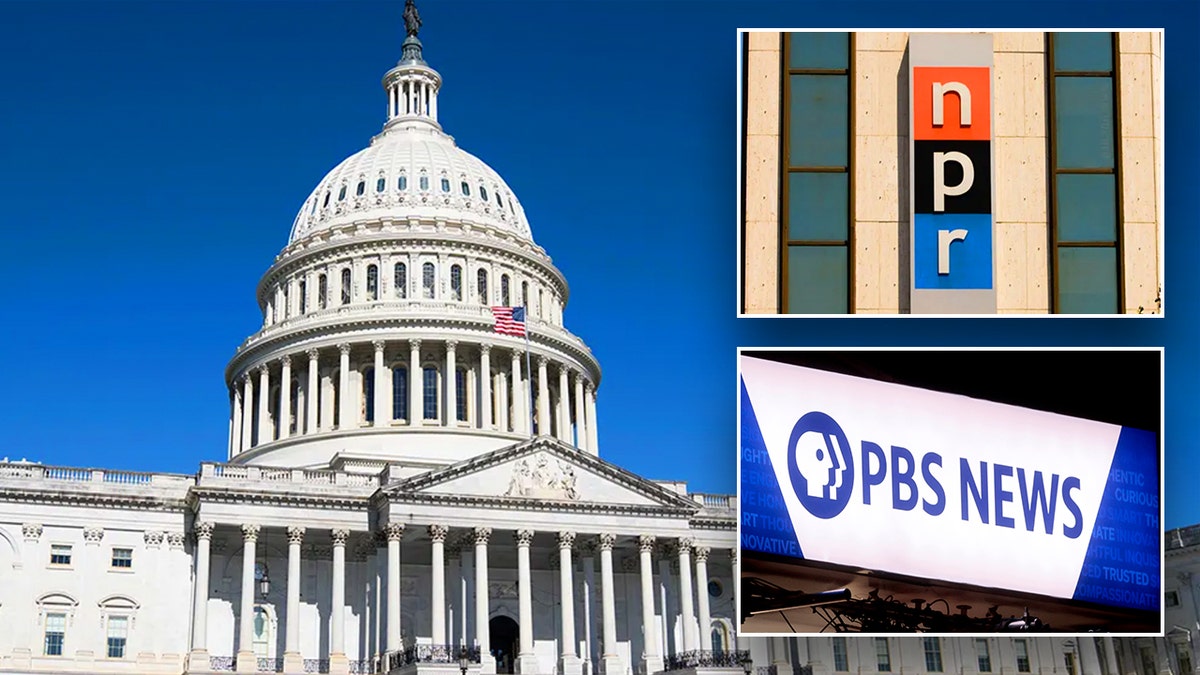Keeping Your Brain Healthy as You Age

Introduction
As we age, our bodies and minds go through many changes. While we often focus on physical health, it's important to also pay attention to our brain health. According to NPR, even healthy brains decline with age. But the good news is that scientists are finding ways to minimize the effects of aging on the brain. Here are some ways to keep your brain healthy as you age.
Key Details
Engaging in regular physical and mental exercise has been shown to improve brain function and even slow down the decline associated with aging. This can include activities such as yoga, meditation, and puzzles. Additionally, maintaining a healthy and balanced diet can also have a positive impact on brain health. Consuming foods rich in omega-3 fatty acids, such as fish and nuts, can help to protect against cognitive decline. Other factors that can contribute to a healthy brain include getting enough sleep, managing stress levels, and staying socially active and connected.
Impact
Taking care of our brain health as we age is crucial for maintaining our overall well-being and quality of life. By incorporating regular exercise, a healthy diet, and other beneficial habits into our daily routines, we can potentially slow down the effects of aging on the brain. It's also important to stay informed and educated on the latest research and findings in brain health, as scientists continue to make advancements in this field
About the Organizations Mentioned
NPR
National Public Radio (NPR) is a premier American public broadcasting organization headquartered in Washington, D.C., with NPR West based in Culver City, California. It functions primarily as a national syndicator, distributing content to a network of over 1,000 public radio stations across the United States, most of which are owned by non-profit entities such as public school districts, colleges, and universities[1]. Founded in 1970, NPR operates independently of government or corporate control, relying financially on dues and fees from member stations, corporate underwriting, and grants from the publicly funded Corporation for Public Broadcasting. This financial model helps maintain its editorial independence and diverse programming[1]. NPR is best known for its flagship news programs, *Morning Edition* and *All Things Considered*, which are among the most popular drive-time radio shows nationally, attracting weekly audiences of approximately 15 million each. These programs exemplify NPR’s strong reputation for in-depth, factual, and engaging news coverage, appealing to listeners interested in business, technology, and broader cultural topics[1]. Beyond radio, NPR manages the Public Radio Satellite System, which distributes not only its own programming but also content from independent producers and networks like American Public Media and Public Radio Exchange (PRX). It also serves as a primary entry point for the Emergency Alert System. NPR content is widely accessible on demand via online streaming, mobile apps, and podcasts, reflecting its strategic adaptation to digital media trends and the growing podcast market[1][2]. Notable aspects of NPR include its commitment to innovation in public media and its collaboration with leading organizations to navigate challenges such as historic federal funding cuts. NPR’s role in shaping public discourse through trusted journalism and storytelling makes it a vital institution in the U.S. media landscape, especially for audiences focused on business and technology news[1][2].













